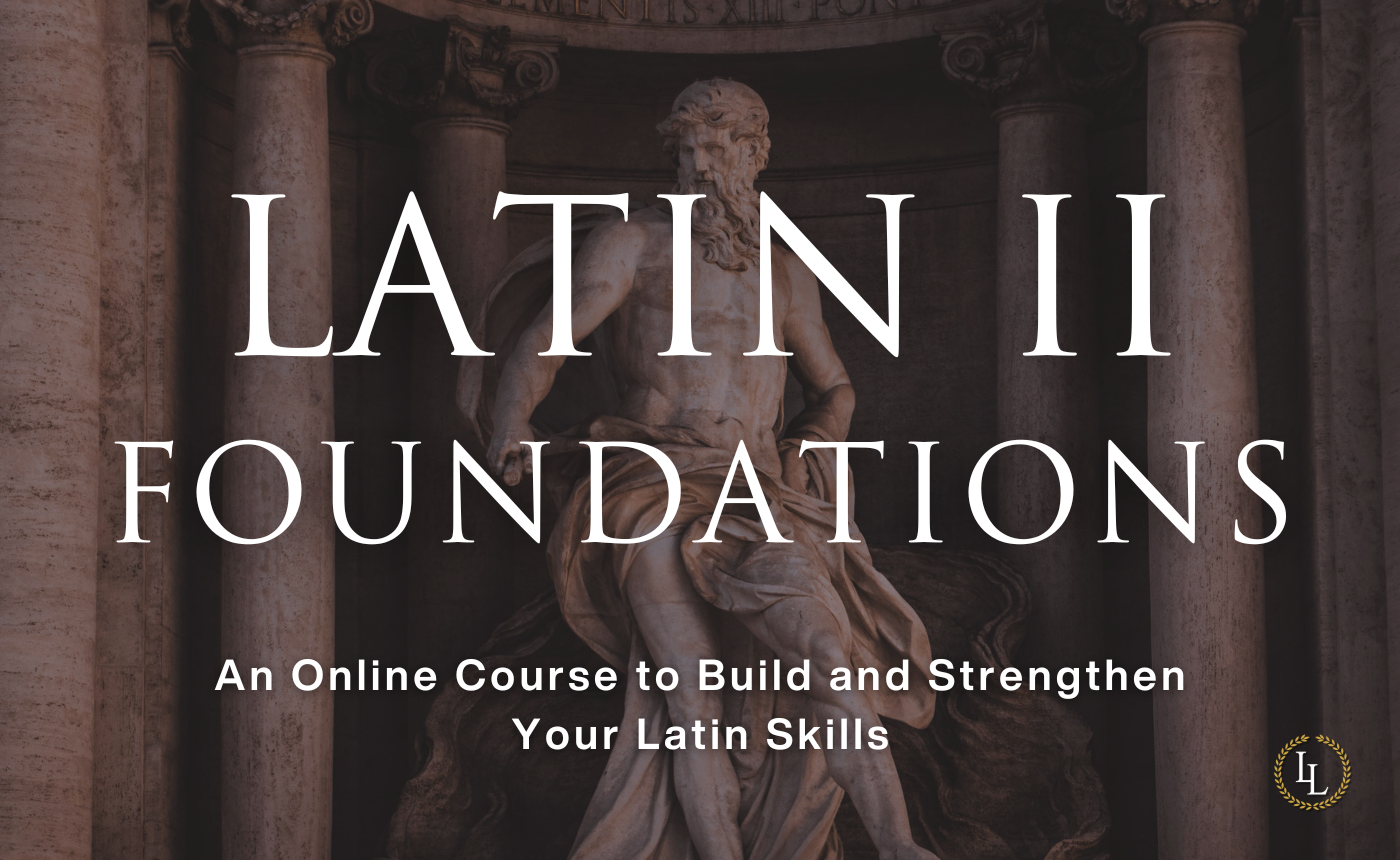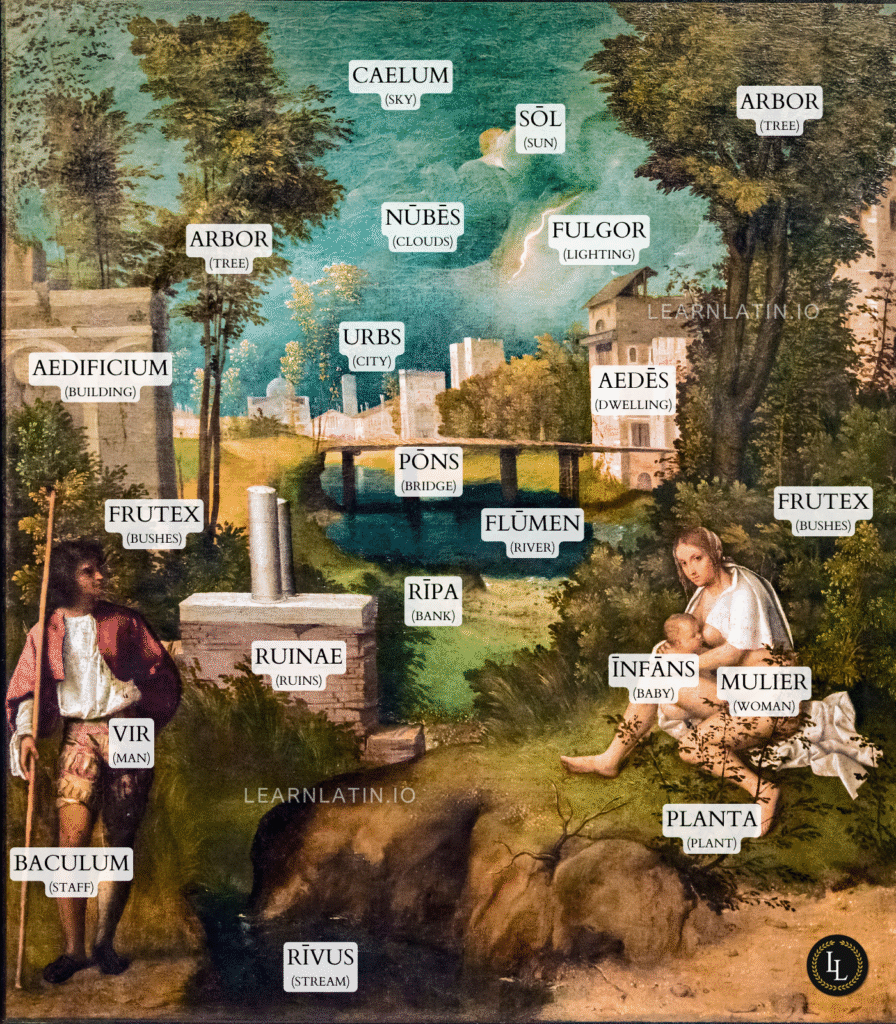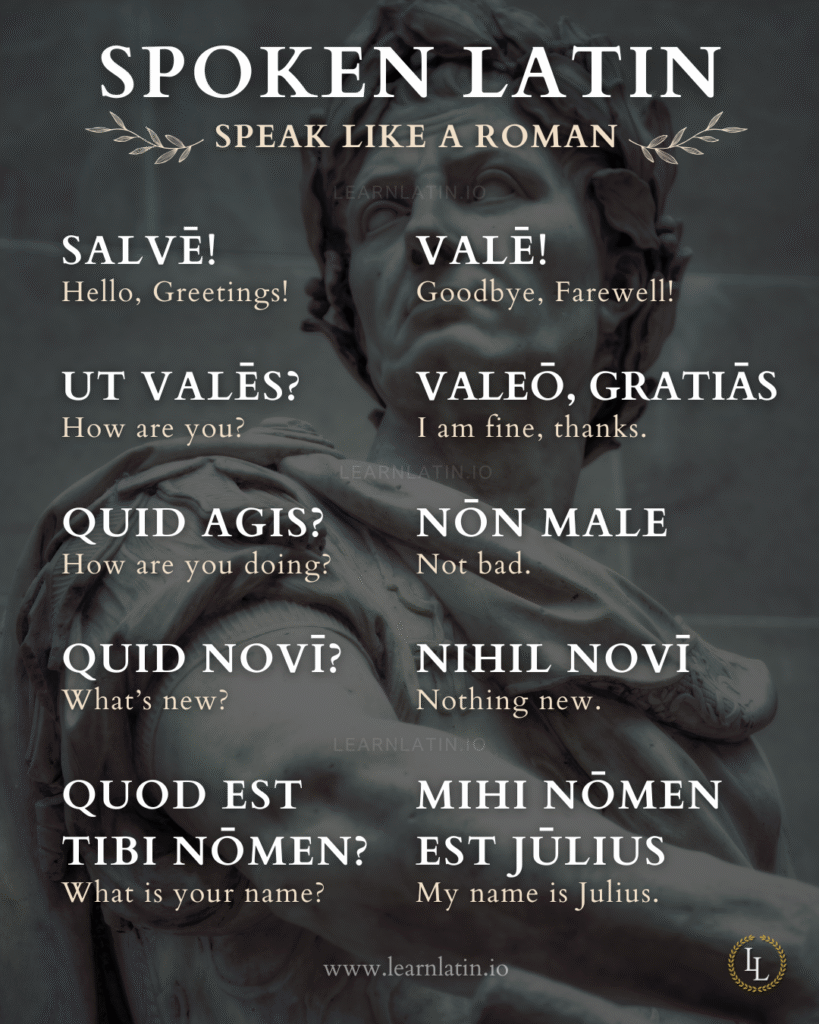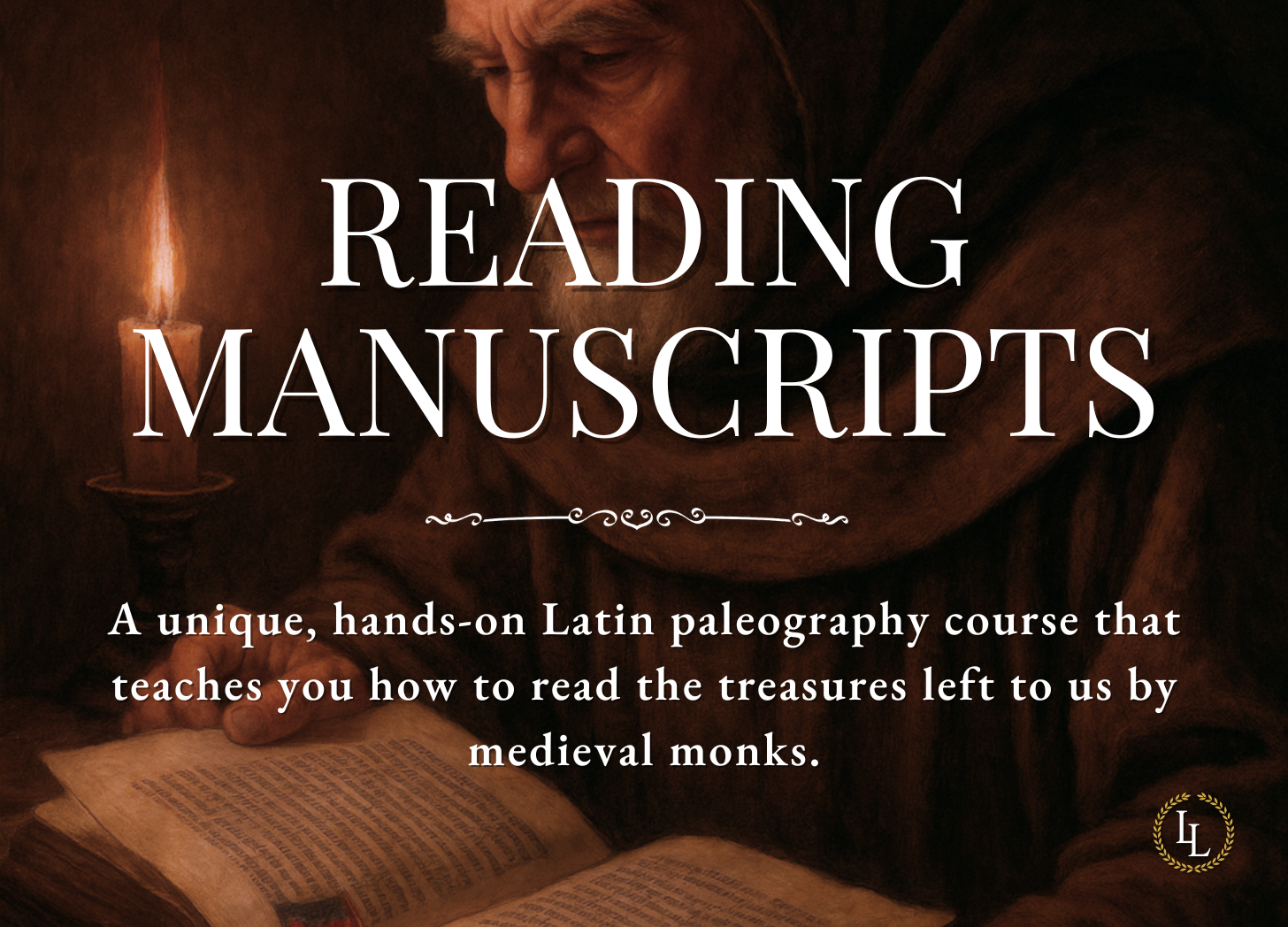
Ready to Take Your Next Step in Latin?
Cārī amīcī et amīcae, I’m delighted to announce the launch of Latin II: Foundations — the next step in your Latin journey!

Why is it so hard to learn Latin? Why do so many students begin with enthusiasm but give up? Or worse, why do some spend years studying and still never really master it? Where exactly does the difficulty lie? Is it something inherent in the language itself? Is Latin grammar intrinsically harder than English or Russian grammar?
In this post, I want to explain where the real challenge of Latin lies—and how the right method solves the problem, making learning not only effective but also enjoyable.
Most people assume the main difficulty comes from Latin’s system of declensions: the endless memorization of tables and endings; nominative, accusative, genitive; rosa, rosam, rosae… Not to mention the 22 uses of the ablative, the 8 types of pronouns, and the complex verbal system with 6 tenses in the indicative and 4 in the subjunctive
Spending years memorizing hundreds of forms and exceptions is—let’s be honest—a special kind of torture Dante forgot to include in his description of Hell. But is it really Latin’s rich and intricate grammar that prevents beginners from achieving mastery?
Think about it: many languages with declensions are studied successfully all over the world, such as German or Hungarian (the latter with 18 cases that make Latin’s 5–6 look like child’s play!). And anyone who has studied Spanish or Italian knows their verbal systems are just as complex as Latin’s—indeed, they inherited them directly. So we can’t conclude that grammatical complexity is unique to Latin.
So what, then, is the real and objective difficulty of learning Latin?
The answer is almost banal. The greatest obstacle is that Latin is a dead language—meaning no one speaks it natively anymore. Sadly, you can’t spend a semester in Ancient Rome practicing with locals the way you would in Paris to learn French. Nor can you casually watch a movie or listen to a podcast in Latin, as you would with any living language. In these conditions, it’s simply impossible to develop an intuitive feel for the language.
Is there a solution? I don’t believe Latin will be revived as a living language anytime soon—nor do I think that would even be desirable (but that’s a topic for another post).


The solution lies in narrowing, as much as possible, the vast distance between the student and the language: treating Latin as though it were a living tongue, at least from a pedagogical standpoint. That means training not only in reading and translating but also in speaking and writing. When your brain learns, it doesn’t distinguish between a living and a dead language. This is a truth that, unfortunately, most textbooks, methods, and Latin schools have yet to grasp.
There are simple, effective methods that make learning both more efficient and more fun: reading dialogues, translating back from English into Latin, or describing the details of a picture or painting (poster above, left). With just a little practice in colloquial expressions, it’s possible to hold basic conversations in Latin from the very first lessons (poster above, right). While systematic grammar study is important, learning shouldn’t consist only of memorizing dry tables of declensions.
It’s precisely the frustration of endlessly and solitarily grinding through grammar charts that drives beginners to give up—and keeps intermediate students from ever reaching true mastery.
To be clear, the goal isn’t to learn spoken Latin so you can order coffee or ask for directions. Nor is it to write Ciceronian prose or encyclopedic tractatus in perfect Latin. The aim is simply to give students a lively, engaging, and even enjoyable context in which grammar rules make sense—rules that, in isolation, otherwise appear unbearably dry.
If you’d like to learn Latin through the teaching principles I’ve outlined here—and that I’ll continue to expand in future posts—I invite you to join our self-paced online courses.
With ten years of experience teaching Latin and twelve years of dedicated study, I know the challenges students face. My courses are designed to take beginners by the hand and guide them safely across the turbulent river of Latin grammar. The difficulty is real—but the treasure waiting on the other side, trust me, is more than worth it.

Cārī amīcī et amīcae, I’m delighted to announce the launch of Latin II: Foundations — the next step in your Latin journey!

A 12-week online journey into Latin scripts, sacred texts, and the treasures of the Middle Ages Dear friends, Latin students,
Shop:
Contact:
© 2025 Learn Latin. All Rights Reserved.